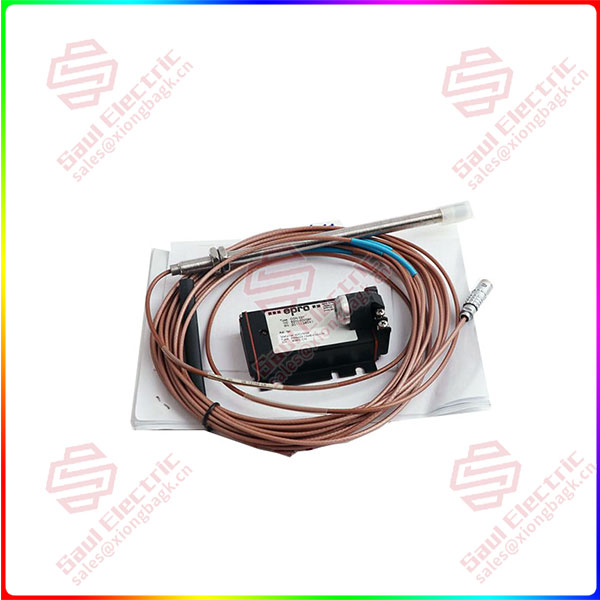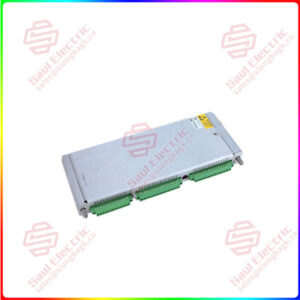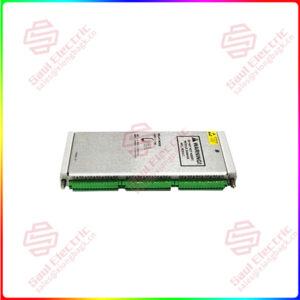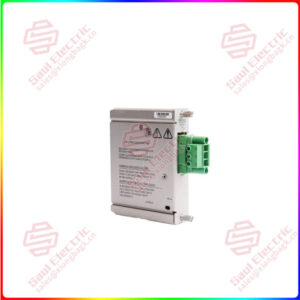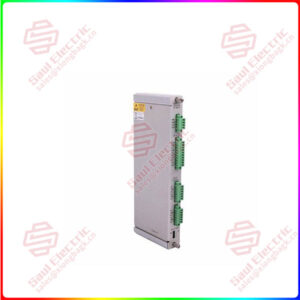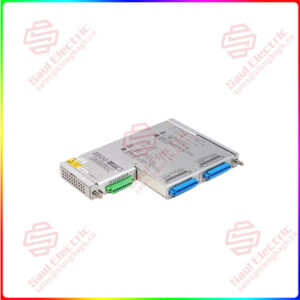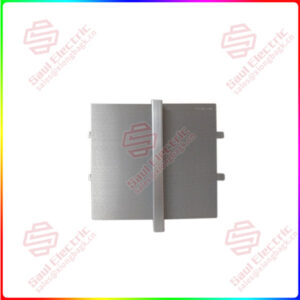Description
Overview
Essential details:PR6423/002-111+CON041 Eddy Current Signal Converter
lf you need to inquire or purchase ,please send the product models to my email or call medirectly .
sunny He
[Email] sales@saulcontrol.com
[Mobile] 86-18059884797
[WhatsApp] 86-18059884797
[Skype] sales@saulcontrol.com
PR6423/002-111+CON041 Eddy Current Signal Converter
When the eddy current signal converter is used with the eddy current probe, the eddy current signal converter works as follows:
Signal reception: The eddy current probe generates eddy current signals on or near the surface of the material. These signals are usually weak voltage or current changes caused by physical properties, defects, or discontinuities of the material itself.
Signal amplification: The first part of the eddy current signal converter is the preamplifier. The role of the amplifier is to amplify the weak signal generated by the probe, making it easier for subsequent processing.
Signal adjustment: The amplified signal also needs to be further processed, such as filtering, adjustment, etc. Filters are used to eliminate noise and other irrelevant signals to ensure the purity of the signal. The regulator is used to adjust the amplitude, frequency and other parameters of the signal to adapt it to the needs of the subsequent circuit.
Signal conversion: The amplified and regulated signal is then converted into a standard electrical signal, such as voltage or current. The function of the converter is to convert the original eddy current signal into an electrical signal suitable for subsequent measurement or processing.
Output: Finally, the converted electrical signal is output to a measuring device, display meter, or other control system for analysis and processing.
In short, the eddy current signal converter realizes the reception, amplification, adjustment, conversion and output of the eddy current signal through a series of circuits and components, which provides important support for the non-destructive testing and analysis of materials. Different models and brands of eddy current signal converters may have different technical characteristics and parameters, so in practical applications, it is necessary to select and configure according to the specific situation.


 1 Year Warranty
1 Year Warranty
